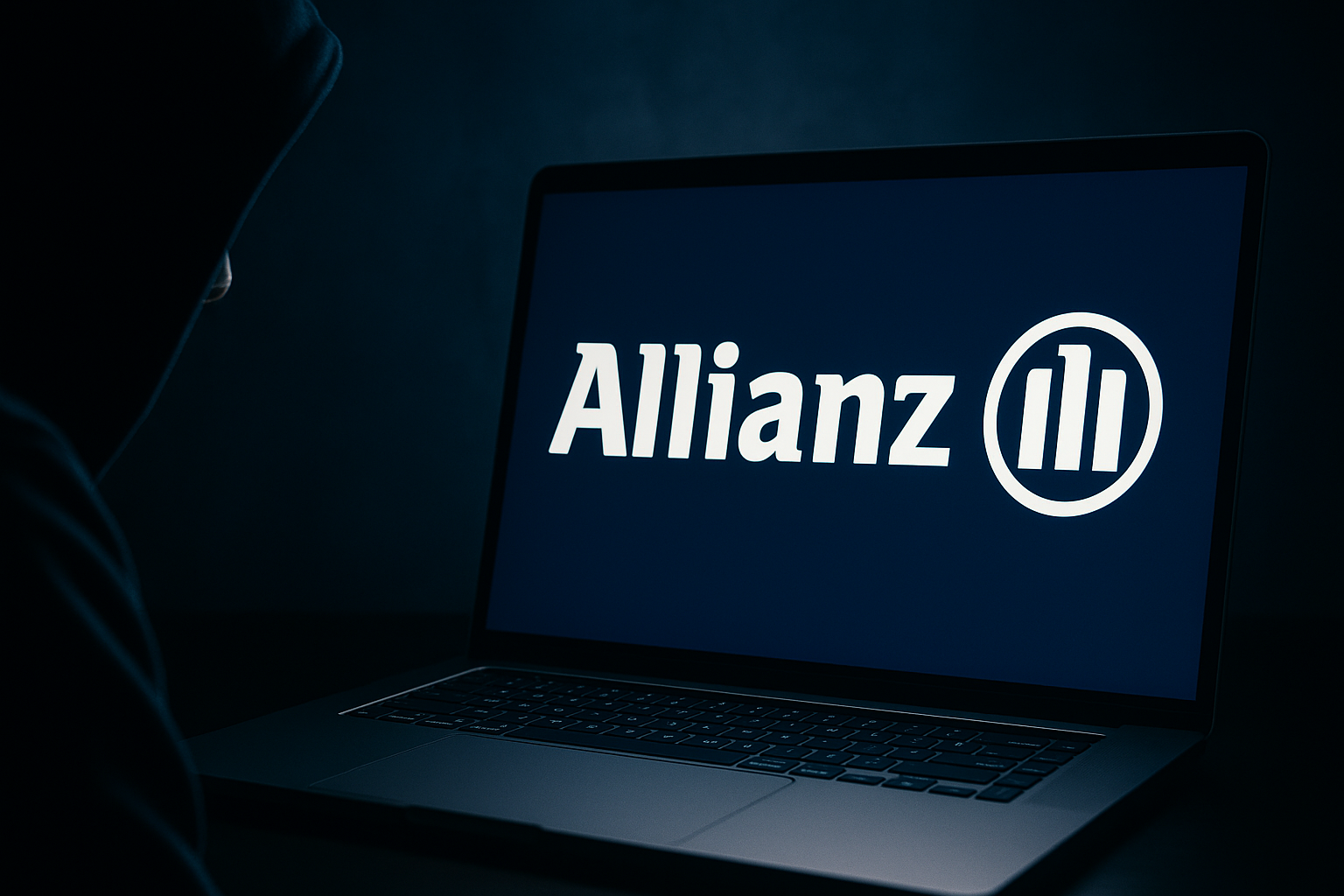Allianz Life Insurance Company of North America suffers a major data breach impacting the majority of its 1.4 million U.S. customers. Hackers gained access to sensitive personal data through a social engineering attack on a third-party cloud platform. Allianz acts swiftly to contain the breach and assist affected customers while notifying federal authorities. This incident highlights the growing cybersecurity risks insurance providers face.
What’s Happening & Why This Matters
On 16 July 2025, hackers infiltrate a third-party customer relationship management (CRM) system used by Allianz Life. The attackers employ social engineering, a method where hackers manipulate individuals into revealing passwords or installing malware, to breach the cloud-based platform. This technique allows unauthorised access without direct attacks on Allianz’s own network or core systems.
Allianz confirms that the breach affects mostly U.S.-based customers, financial professionals, and select employees. Although the company states that no evidence suggests intrusion into Allianz’s main network or policy administration systems, the attackers obtained personally identifiable information (PII). Insurance companies collect highly sensitive data: names, addresses, dates of birth, Social Security numbers, and financial details. The exposure risks identity theft or fraud.

The insurer does not disclose the specific data stolen or identify the responsible group. However, cybersecurity researchers recently warned about the rise of Scattered Spider, a cybercriminal gang known for social engineering attacks targeting insurance firms. This connection suggests that Scattered Spider might be involved.
Allianz immediately notifies the FBI and begins an internal investigation. The company also initiates outreach to affected customers, providing dedicated resources and support to mitigate risks arising from the breach.
Allianz breach heightens the need for proactive, dynamic cybersecurity measures not only within organisations but also across supply chains and third-party service providers. Insurance providers need systems safeguards against sophisticated social engineering tactics; simple social campaigns remain a leading cause of data breaches worldwide.
TF Summary: What’s Next
Allianz’s data breach exposes vulnerabilities in third-party platforms that insurers rely on. While Allianz is aware of the incident, the stolen customer data is at high risk for identity and financial fraud. The transparency and swift response help build trust amid rising cyber threats.
Insurers (and other industries) are strengthening defences against perimeter attacks, social engineering, and tighter third-party security controls. Regulatory scrutiny will only intensify. Organisations need to adopt more proactive cybersecurity strategies to safeguard customer data and privacy.
— Text-to-Speech (TTS) provided by gspeech


